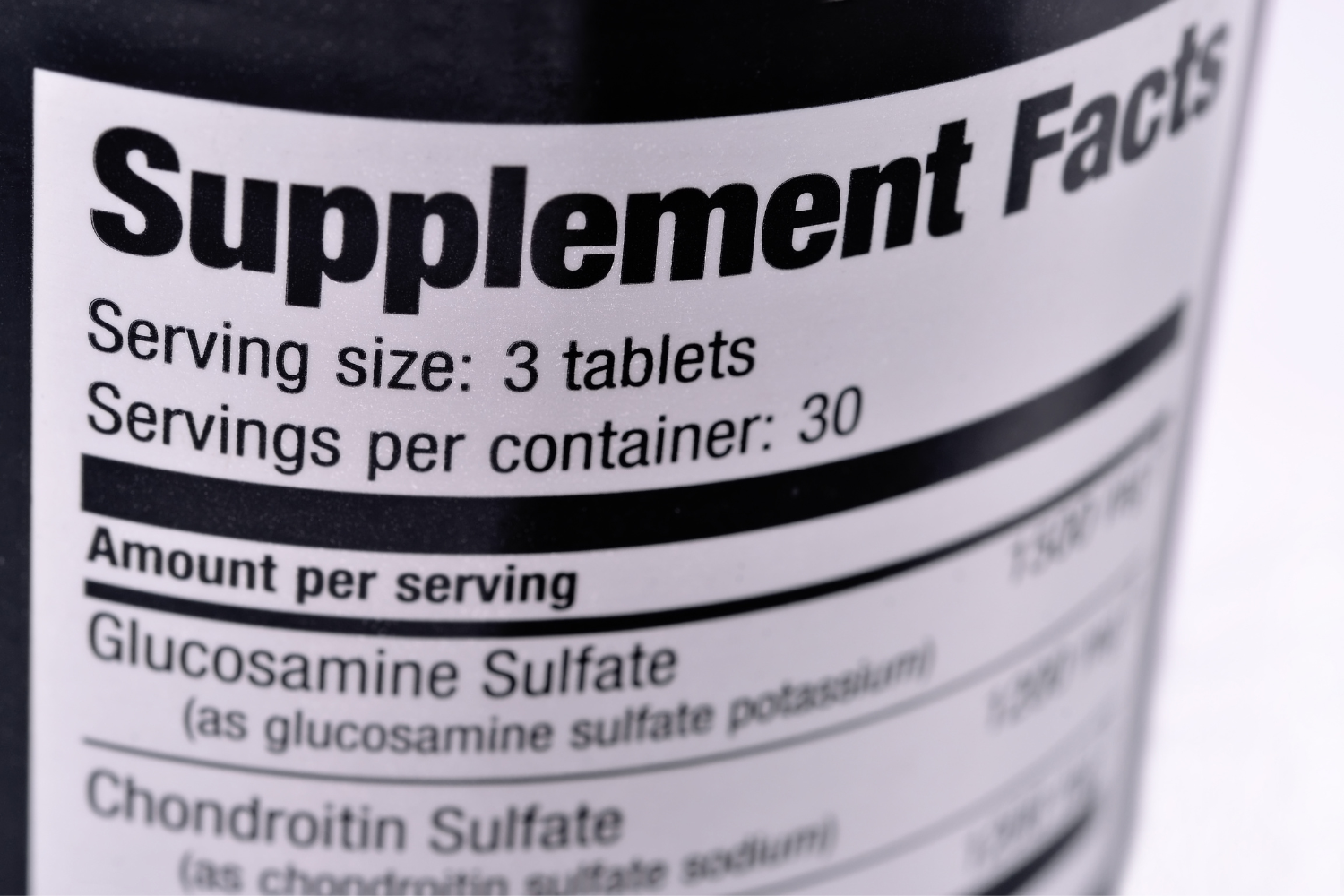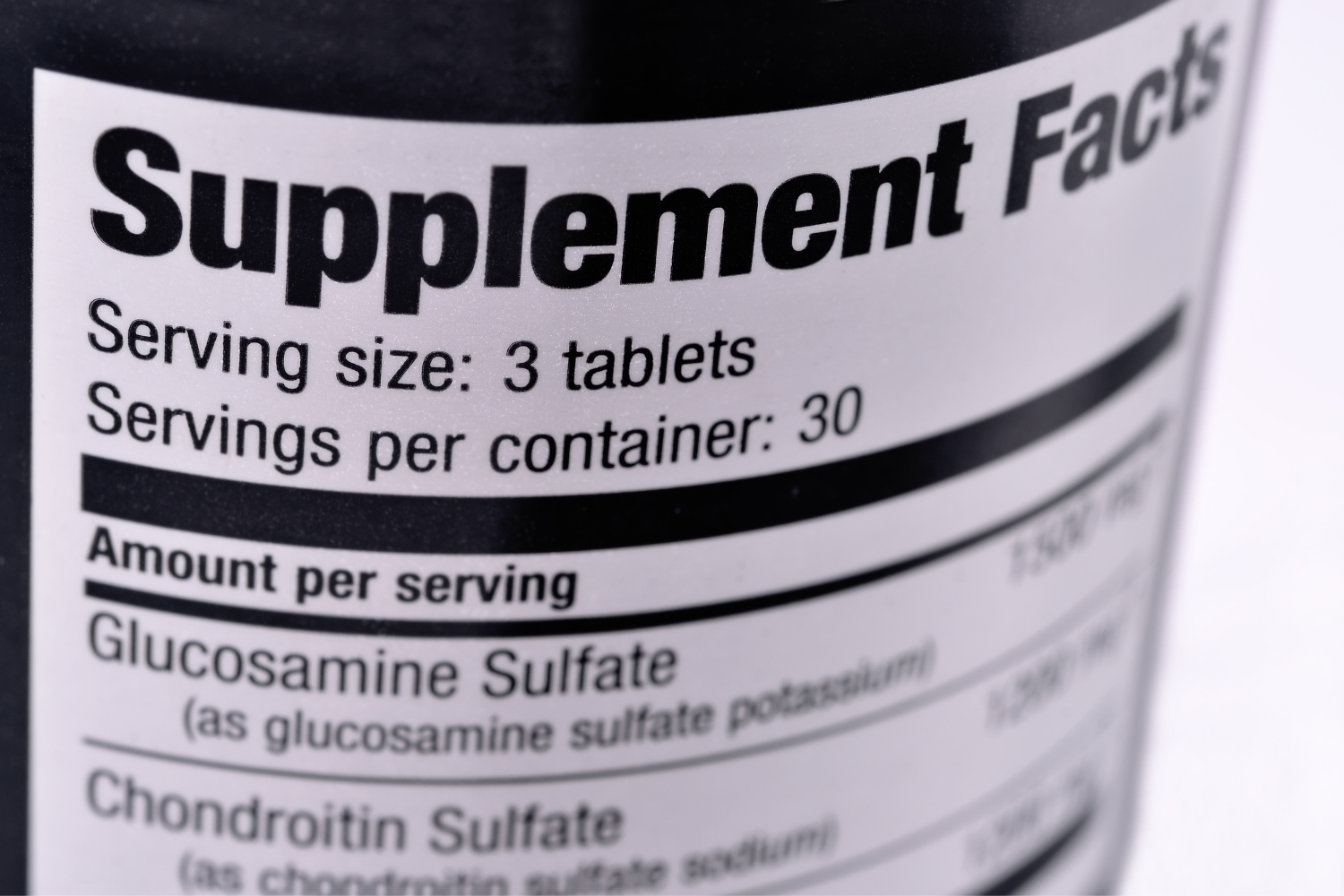Understanding what is FDA-compliant is essential for supplement brands aiming to bring food products, beverages, or dietary supplements to market. The Food and Drug Administration (FDA), a federal agency under the Department of Health and Human Services, enforces strict regulations to ensure that materials used in packaging, manufacturing, and labeling are safe for human consumption and intended use.
Many new companies struggle to interpret FDA regulations, especially regarding food contact substances, food-grade materials, and whether their containers or finished products meet FDA regulations for safe use. These challenges can lead to costly delays, product recalls, or even removal from the market. This article outlines common pitfalls brands face with FDA compliance and offers practical guidance to help manufacturers and business owners navigate these requirements more efficiently.

Table of Contents
ToggleUnderstanding FDA Compliance for Supplement Brands
The Food and Drug Administration (FDA) plays a major role in protecting public health by regulating how supplements are made, labeled, and sold. As a federal agency under the Department of Health and Human Services, the FDA ensures that supplements do not contain unsafe ingredients, that food contact substances are approved, and that packaging materials are safe for human consumption.
To meet FDA compliance, supplement companies must follow several key rules. These include proper labeling, using food-grade materials, and following Good Manufacturing Practices (GMPs). Labels must consist of accurate Supplement Facts and avoid unapproved health claims. FDA-compliant means that the product has been manufactured, labeled, and marketed according to applicable FDA regulations for its intended use. Following these rules helps brands build consumer trust, avoid legal trouble, and stay competitive.

Common Pitfalls Brands Face with FDA Compliance
Supplement brands often run into issues not because they ignore the rules but because they misunderstand what FDA compliance really involves. Here are the most common mistakes companies make and how to avoid them.
1. Incomplete or Inaccurate Labeling
Labeling mistakes are one of the most frequent causes of FDA warnings. Brands sometimes leave out required elements like the Supplement Facts panel, list ingredients incorrectly, or include health claims that haven’t received FDA approval. These errors can lead to misbranding, delays in launching, or product recalls.
Tips to Avoid Labeling Mistakes:
- Include the full Supplement Facts panel with serving size, active ingredients, and % Daily Value.
- Use ingredient names recognized by the FDA or supported by accepted naming conventions, such as those found in FDA databases or industry references.
- Avoid claims that suggest your product treats or cures diseases.
- Include required disclaimers, especially for structure-function claims.
- Double-check labels for formatting and font size as outlined in FDA regulations.
- Example of compliant claim: “Supports immune health.”
- Example of non-compliant claim: Claims like ‘Cures colds and flu’ are not allowed for supplements, as only approved drugs can legally make disease treatment claims.
2. Using Unapproved Ingredients
Some brands add new ingredients without confirming if the FDA recognizes them. Using substances that haven’t gone through proper safety review or aren’t approved for human consumption can lead to serious compliance issues.
Tips to Avoid Ingredient Errors:
- Check the FDA’s list of approved ingredients and food contact substances.
- Make sure all ingredients are considered food grade and safe for intended use.
- Verify ingredient safety through scientific studies or existing FDA rulings.
- Consult with regulatory professionals before using unfamiliar materials.
- Ensure that direct food contact components in packaging are also FDA-compliant.
3. Misleading Health Claims
Claims that a supplement can prevent, treat, or cure diseases fall outside FDA compliance. These statements require premarket approval and are not allowed for dietary supplements. Making such claims can result in regulatory action.
Tips to Avoid Misleading Claims:
- Use only well-substantiated structure-function claims, such as “Helps maintain healthy digestion,” and include the required FDA disclaimer.
- Never suggest the product replaces medical treatment or pharmaceutical drugs.
- Add disclaimers such as: “These statements have not been evaluated by the Food and Drug Administration.”
- Train marketing teams on the difference between compliant and non-compliant language.
- Review all promotional materials for FDA-approved wording.
4. Inadequate Good Manufacturing Practices (GMP)
Failing to follow GMPs can lead to unsafe products and FDA citations. Common mistakes include missing documentation, poor quality control, and skipping regular inspections. This affects product consistency and overall safety.
Tips to Follow GMP Requirements:
- Set up written Standard Operating Procedures (SOPs) for all processes.
- Perform regular internal GMP audits to catch and fix issues early.
- Use food-grade materials and equipment designed for direct food contact.
- Keep detailed logs of manufacturing, including batch numbers and test results.
- Ensure employees are trained on FDA regulations related to supplements.
5. Neglecting Adverse Event Reporting
The FDA requires supplement brands to report serious adverse events. Ignoring or mishandling consumer feedback related to health risks can lead to serious consequences and harm to brand reputation.
Tips to Manage Adverse Event Reporting:
- Create a system to collect and track consumer complaints and health reports.
- Train staff on how to recognize and report serious adverse events.
- Submit required reports to the FDA following their official process.
- Keep records of all consumer feedback, even minor incidents.
- Review adverse event trends regularly to identify possible product issues.
6. Overlooking Record-Keeping Requirements
Good record-keeping is essential for FDA compliance. Brands that fail to maintain documentation around manufacturing, sourcing, and testing can face delays during audits or inspections.
Tips for Better Record-Keeping:
- Store all documents related to ingredient sourcing, food contact materials, and packaging.
- Keep copies of lab tests and certificates for food grade and FDA-compliant materials.
- Set up digital or physical systems to manage access and updates.
- Train staff to log all steps in the production process.
- Review records regularly to ensure accuracy and completeness.

Actionable Tips for Ensuring FDA Compliance
Avoiding common FDA compliance mistakes starts with building a strong foundation. These practical steps can help your brand stay on track and reduce the risk of regulatory issues.
Stay Informed on FDA Updates
As new materials, processes, and health data become available, FDA regulations change. Manufacturers should regularly review updates from the Food and Drug Administration to stay compliant with new rules related to food contact substances, food-grade materials, and dietary supplements.
Signing up for alerts from the FDA’s website and reviewing updated guidance documents can help businesses adapt quickly to regulation changes that affect intended use, labeling, packaging, and human consumption safety standards.
Hire a Regulatory Consultant
Navigating FDA regulations can be complex, especially for newer companies. Hiring an FDA compliance expert gives your brand access to someone who understands federal agency processes, such as premarket approval for new ingredients or evaluating whether materials are FDA-compliant.
Consultants can identify issues with your finished product, evaluate food contact materials, and help prepare for FDA inspections. Their guidance also ensures that your packaging and manufacturing practices meet all required standards.
Conduct Internal Audits
Regular internal audits are an effective way to catch problems before they lead to FDA action. These audits help brands assess if current processes meet FDA compliance standards, especially in record-keeping, labeling, and using approved food-grade materials properly.
Audits also allow companies to check for any misuse of materials unsuitable for direct food contact or human consumption. Addressing these issues early helps strengthen your quality control systems and ensures smoother FDA inspections.
Train Your Team on Compliance Standards
FDA regulations don’t just apply to leadership—they affect every employee involved in making, packaging, and marketing the product. Training staff on Good Manufacturing Practices (GMP), FDA-compliant labeling, and safety standards ensures that everyone understands how their role impacts the finished product. Clear training on FDA-approved practices and materials also helps prevent accidental mistakes that could lead to non-compliance or unsafe conditions during production.
Utilize FDA Resources and Guidance Documents
The FDA provides a wide range of resources to help businesses understand what FDA compliance means. These include detailed guidance documents on food contact substances, pharmaceutical regulations, dietary supplements, and medical devices.
For example, companies can find information on approved plastics for containers or review examples of compliant food labeling. Using these free tools helps manufacturers better understand regulations set by the FDA and apply them correctly in real-world scenarios.

Long-Term Benefits of Avoiding FDA Compliance Pitfalls
Staying compliant doesn’t just help your business avoid penalties—it also builds a strong foundation for growth and trust.
Enhanced Consumer Trust
When a company meets FDA compliance standards, consumers are more likely to view the brand as safe and reliable. Products that use FDA-compliant materials follow correct labeling practices and avoid unapproved claims, which indicates that the business follows safety regulations and labeling practices set by the FDA.
This trust is crucial in the supplement, food, and beverage industries, where buyers often research products before purchasing. Maintaining high standards for food grade quality and direct food contact safety strengthens your reputation in a competitive market.
Retail Opportunities
Large retailers and distributors often require proof of FDA compliance before accepting a product. Using FDA-approved packaging materials, following labeling rules, and ensuring that the finished product is safe for human consumption can open the door to new sales channels. Brands that stay compliant have a better chance of securing shelf space in stores and expanding their market reach.
Reduced Risk of Legal Issues
Companies that ignore FDA regulations risk facing product recalls, warning letters, or financial penalties. Staying compliant with FDA rules—especially around food contact, GMP, and ingredient safety—helps reduce the chances of legal trouble.
It also protects your brand’s long-term success by keeping your product in good standing with regulators and customers. Proper documentation, use of approved materials, and a clear understanding of intended use requirements all contribute to a safer and more reliable product line.

Building Long-Term Success Through FDA Compliance
FDA compliance is vital in keeping supplement brands safe, legal, and competitive. Avoiding common mistakes—such as improper labeling, unapproved ingredients, or poor manufacturing practices—helps protect both your business and your customers.
Treating FDA compliance as an ongoing responsibility rather than a one-time checklist allows brands to grow with confidence. A strong compliance strategy, supported by regular internal audits and clear documentation, ensures your company stays ready for changing regulations and maintains consumer trust in a crowded marketplace.
Frequently Asked Questions
Is FDA approval required for supplements?
No, supplements do not need premarket FDA approval, but they must follow FDA regulations to be legally sold.
What claims are not allowed on supplement labels?
Claims that a supplement cures, treats, or prevents diseases are not allowed without FDA approval.
How can I find out if an ingredient is FDA-approved?
Check the FDA’s official database or guidance documents to confirm if an ingredient is approved for its intended use.
What happens if a brand isn’t FDA-compliant?
Non-compliant brands may face warning letters, product recalls, fines, or removal from the market.
How often does the FDA inspect supplement facilities?
FDA inspections are not scheduled but occur periodically, especially for new brands or when issues are reported.
References
- U.S. Food and Drug Administration. (2024). Current Good Manufacturing Practices (CGMPs) for Food and Dietary Supplements. https://www.fda.gov/food/guidance-regulation-food-and-dietary-supplements/current-good-manufacturing-practices-cgmps-food-and-dietary-supplements
- U.S. Food and Drug Administration. (2024). Food Packaging & Other Substances that Come in Contact with Food – Information for Consumers. https://www.fda.gov/food/food-ingredients-packaging/food-packaging-other-substances-come-contact-food-information-consumers
- U.S. Food and Drug Administration. (2024). Label Claims for Conventional Foods and Dietary Supplements. https://www.fda.gov/food/nutrition-food-labeling-and-critical-foods/label-claims-conventional-foods-and-dietary-supplements
- U.S. Food and Drug Administration. (2024). New Dietary Ingredient (NDI) Notification Process. https://www.fda.gov/food/dietary-supplements/new-dietary-ingredient-ndi-notification-process
- U.S. Food and Drug Administration. (2025). Warning Letters. https://www.fda.gov/inspections-compliance-enforcement-and-criminal-investigations/compliance-actions-and-activities/warning-letters




